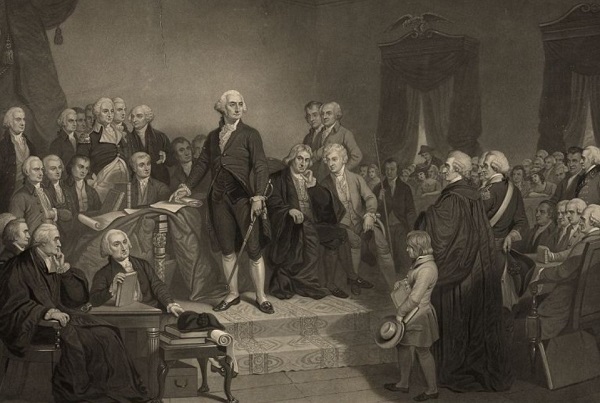Addictions
Safe supply opioids based more on ideology than evidence?
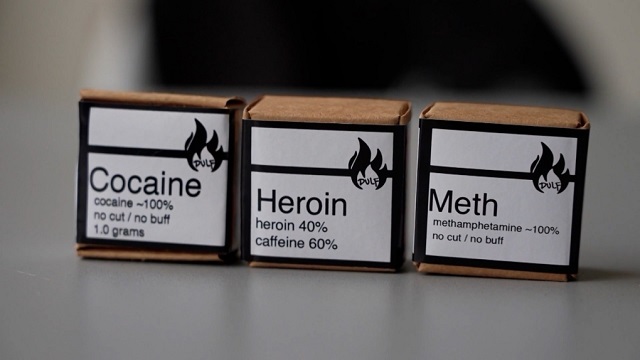
From the Frontier Centre for Public Policy
Those who advocate for them always claim the moral high ground because of ‘evidence-based studies.’ But such studies appear to be in short supply.
That’s probably why 72 BC doctors recently signed a letter that argues against safer supply, saying the evidence underlying the philosophy is “weak or inadequate.”
Almost three years into the experimental opiate “safer supply” program in British Columbia and no one, including those handing out the pills, seems to know if it is working or making the problem worse. There are no shortage of opinions arguing on either side of the debate, but recent reports suggest that the facts remain in short supply.
Safe supply initiatives fall under the broad category of harm reduction programs. For opiate addiction, the program typically involves the prescription and distribution of pills like hydromorphone, a medical-grade opioid that is as potent as heroin, to addicts. The underlying hope is that addicts will then forgo possibly-tainted, illicit street drugs in favour of the ‘safer’ government-provided pills.
More than 40,000 Canadians have lost their lives to opioid overdoses since 2016 and British Columbia is one of the world’s first jurisdictions to take the ‘safer supply’ route in an effort to quell opioid overdoses.
But BC’s Auditor General just released a report on the trial program and, so far, it remains unclear as to whether the program has made any progress. Opioid deaths are still increasing and, while the report doesn’t criticize the underlying philosophy of ‘safer supply,’ it does note “deficiencies in key areas.”
According to the report, the government is conducting the program in a rather haphazard way. BC health authorities failed to maintain basic standards for administering an experimental trial and neglected their obligation to publish data on how the program is doing. The data was supposed to be publicly available by September 2022, more than 18 months ago.
Instead, the report found that health authorities are overly reliant on incomplete and out-of-date fact sheets about the program’s performance. It also cited authorities for major failings in the management and delivery of the program.
The bureaucrats in charge claim that they have the data to support their claims about the success of the program, yet one has to wonder why — three years in — no data is available to support those claims.
A similar dearth of data has been noted in Ottawa where the House of Commons Health Committee has been exploring the opioid epidemic and toxic drug crisis. One doctor who leads a safer supply program in London, Ontario, appeared to be a strong advocate for safer supply programs, claiming that safe supply clinicians “rely on good research and published evidence.”
But Dr. Marcus Powlowski, a Liberal MP and medical doctor who also has a master’s degree in health law and policy from Harvard, had apparently looked at the papers that she proclaimed as evidence, and soundly renounced the studies as “basically a bunch of anecdotes.”
So where is this rigorous scientific evidence for safer supply programs?
Those who advocate for them always claim the moral high ground because of ‘evidence-based studies.’ But such studies appear to be in short supply.
That’s probably why 72 BC doctors recently signed a letter that argues against safer supply, saying the evidence underlying the philosophy is “weak or inadequate.” They called for all safer supply programs to be “tightly controlled, rigorously monitored, and meticulously documented.”
A lack of medical evidence is likely related to another major issue outlined in the Auditor General’s report – “prescriber hesitancy.” That is, there are only a limited number of doctors who are willing to write prescriptions for the potent opioids used in safer supply.
However, there is plenty of evidence for one disturbing aspect of this program – diversion. This is a practice whereby safer supply pills (primarily hydromorphone) given to addicts are subsequently sold (or diverted) to drug traffickers and/or organized crime groups to obtain more potent and illicit drugs like fentanyl.
In early March, the RCMP in Northern BC revealed that thousands of safe supply opiate pills had been seized as part of organized crime busts in Prince George and Campbell River. It was considered to be solid evidence that diversion of safer supply drugs was occurring. According to the RCMP spokesperson, “Organized crime groups are actively involved in the redistribution of safe supply and prescription drugs,” and “what has been deemed safe is not being kept safe.”
It is simply not realistic to expect that such practices are not occurring in our major cities. The National Post, the CBC and an independent filmmaker have all previously published evidence of diversion occurring in London, Ottawa and Vancouver, respectively.
Drug policies such as safe supply have long bypassed appropriate scientific scrutiny because they supposedly save lives. But the question still remains – do they? And at what cost to addicts and the rest of society?
Susan Martinuk is a Senior Fellow with the Frontier Centre for Public Policy and author of Patients at Risk: Exposing Canada’s Health-care Crisis.
Addictions
Liberals shut down motion to disclose pharma payments for Trudeau’s ‘safe supply’ drug program
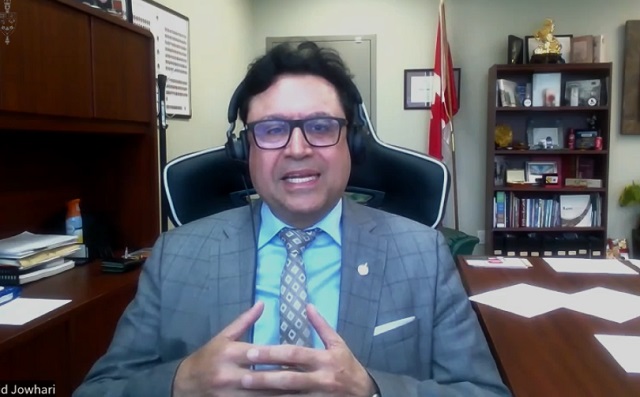
Liberal MP Majid Jowhari
From LifeSiteNews
The motion comes as RCMP testified in April that Trudeau’s taxpayer funded ‘safer supply’ drugs are being diverted to the black market.
Liberal Members of Parliament (MPs) resisted a motion to disclose payments made to pharmaceutical companies for “safe supply” opioids.
During a May 15 session in the House of Commons, Liberal MPs blocked a vote on a motion by Conservative MP Garnett Genuis to publish the contacts between Prime Minister Justin Trudeau’s government and pharmaceutical companies for “safe supply” opioids.
“Allow the public to see the contracts,” Genuis told the Commons government operations committee, questioning, “What do you have to be afraid of?”
“There are contracts involving this government and big pharmaceutical companies involved in producing and selling dangerous hard drugs which then end up on our streets,” he argued.
“Big pharmaceutical companies are involved in supplying hard drugs that are used as part of the government’s so-called ‘safe supply’ program,” Genuis continued. “These programs are a failure. We oppose them. In any event, we believe the public has a right to see the contracts.”
However, a committee vote on his motion was quickly blocked by Liberal MPs.
“I don’t think this is a motion we should move forward with,” Liberal MP Majid Jowhari said.
“I think we should go back and look at it and say our objective is to get an understanding of the source of safe supply and how it is being procured, which is different than going and saying, ‘Give us all the contracts,’” he continued.
Similarly, Liberal MP Irek Kusmierczyk claimed the request was a political tactic, saying, “They are against safe supply and safe consumption sites. That is clearly spelled out by my Conservative colleagues.”
Genuis’ request comes as the Royal Canadian Mounted Police (RCMP) testified in April that Trudeau’s taxpayer funded “safer supply” drugs are being diverted to the black market.
“Organized crime groups are trafficking not only illicit substances but any prescription drugs they can get their hands on,” Deputy Commissioner Dwayne McDonald, commander of the RCMP in British Columbia, testified.
Genuis put forward a motion asking that the committee “order the production of all contracts, agreements or memoranda of understanding to which the Government of Canada is a party signed since January 1, 2016” concerning the purchase of opioids.
Liberals’ refusal to release the contracts comes as the Trudeau government recently rejected a proposal from the Alberta government to add a “unique chemical identifier” to drugs offered to users under “safe-supply” programs so that authorities could track its street sales.
Indeed, the Trudeau government seems determined to pretend their “safe-supply” programs are a success despite the rising deaths and crime in cities that have adopted their policy.
However, the program proved such a disaster in British Columbia that the province recently requested Trudeau recriminalize drugs in public spaces. Nearly two weeks later, the Trudeau government announced it would “immediately” end the province’s drug program.
Beginning in early 2023, Trudeau’s federal policy, in effect, decriminalized hard drugs on a trial-run basis in British Columbia.
Under the policy, the federal government began allowing people within the province to possess up to 2.5 grams of hard drugs without criminal penalty, but selling drugs remained a crime.
Since being implemented, the province’s drug policy has been widely criticized, especially after it was found that the province broke three different drug-related overdose records in the first month the new law was in effect.
The effects of decriminalizing hard drugs in various parts of Canada has been exposed in Aaron Gunn’s recent documentary, Canada is Dying, and in U.K. Telegraph journalist Steven Edginton’s mini-documentary, Canada’s Woke Nightmare: A Warning to the West.
Gunn says he documents the “general societal chaos and explosion of drug use in every major Canadian city.”
“Overdose deaths are up 1,000 percent in the last 10 years,” he said in his film, adding that “(e)very day in Vancouver four people are randomly attacked.”
Addictions
Poilievre attacks decriminalization of hard drugs with Safe Hospitals Act
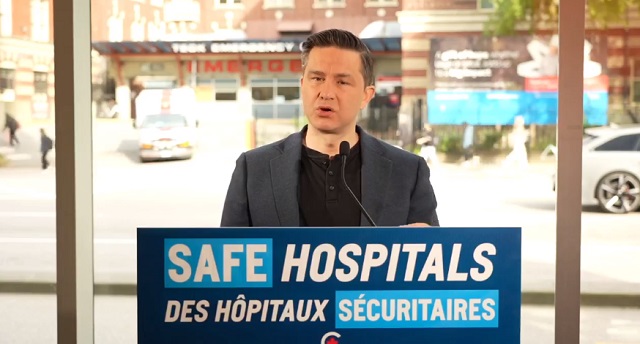
New release from the Conservative Party
The Hon. Pierre Poilievre, Leader of Canada’s Common Sense Conservatives, announced his plan today to ban dangerous weapons and drugs and punish those who harm doctors and nurses.
The Problem:
After nine years, Justin Trudeau’s radical experiment of decriminalizing hard drugs has failed. Since Trudeau formed government, over 42,000 Canadians have died from drug overdoses. Nanaimo, for example, has seen a nearly 400 percent increase in drug overdose deaths in the last four years alone, yet Trudeau decided to allow opioids, cocaine, heroin, and methamphetamine to be used in public places like hospitals and parks anyway.
The results of this experiment have been catastrophic. Chaos and disorder have reigned free in public spaces across British Columbia. Our once-safe hospitals are being destroyed by criminals and hard drugs, with the B.C. Nurses Union ringing the alarm bell, saying that patients and staff have been exposed to harmful, illegal drugs. The BC Nurses Union also reported that meth was being smoked in a unit just hours after the birth of a newborn baby. In northern British Columbia, the public health agency put out a memo telling hospital staff to allow patients to bring knives and other weapons into hospitals.
Life became so miserable that BC’s radical NDP Premier asked Justin Trudeau to walk back parts of his wacko decriminalization policy. But the Liberals haven’t learnt from their mistakes.
The Cause:
Two years ago, the Liberal Government granted the BC NDP Government’s request to allow hard drugs across the province, including in public spaces. In the first year of this reckless experiment, 2,500 Canadians died from drug overdoses. Meanwhile, community spaces like soccer fields, hospitals and city squares have been devastated by crime and disorder.
But Justin Trudeau refuses to rule out the requests from Toronto Public Health and the City of Montreal to allow hard drugs in Canada’s two largest cities. He also won’t say whether hard drugs should be allowed in children’s parks, hospitals and public transit. On top of this, the Liberal Minister of Mental Health refuses to acknowledge that their dangerous experiment was a failure.
The Solution:
Common Sense Conservatives will not allow this devastating experiment to play out in other Canadian communities. Canadians deserve a government that will keep hard drugs out of hospitals and will protect staff and patients. We will:
- Create an aggravating factor for the purposes of sentencing if a criminal has a weapon in a hospital.
- End the Health Minister’s power to grant exemptions under s.56 of the Controlled Drug and Substances Act if the exemption would allow people to use dangerous illicit drugs like fentanyl and meth in hospitals. This means that even if Trudeau grants Toronto and Montreal’s request to decriminalize hard drugs, our hospitals will be protected.
- Immediately pass Common Sense Conservative MP Todd Doherty’s Bill C-321, which will create an aggravating factor for assault committed against healthcare workers or first responders.
To be clear, the ban would not apply to any drugs prescribed by medical practitioners like doctors and nurses.
The Safe Hospitals Act will stop some of the insanity that Justin Trudeau and the NDP have unleashed on Canadians with their plan to decriminalize the public use of hard drugs everywhere in Canada. A Poilievre government will ban hard drugs, stop giving out taxpayer-funded opioids, and reinvest that money in treatment and recovery so we can bring home our loved ones drug-free.
Poilievre said:
“Justin Trudeau’s decriminalization experiment has failed. It has resulted in death, misery and destruction across British Columbia, while our hard-working nurses live in fear of inhaling dangerous drugs or being attacked by criminals.
“Instead of learning from this catastrophic mistake, Trudeau has doubled down. He’s refusing to reject Toronto and Montreal’s request to allow hard drugs like fentanyl and heroin to be used in Canada’s two biggest cities.
“Common Sense Conservatives will keep doctors, nurses and patients safe, even if Justin Trudeau won’t. The Liberals and NDP must vote for this common sense Bill until we can form a government that ends this deadly hard drug decriminalization experiment for good.”
-

 Addictions1 day ago
Addictions1 day agoLiberals shut down motion to disclose pharma payments for Trudeau’s ‘safe supply’ drug program
-

 espionage23 hours ago
espionage23 hours agoThe Scientists Who Came in From the Cold: Canada’s National Microbiology Laboratory Scandal, Part I
-

 Energy20 hours ago
Energy20 hours agoTech giants’ self-made AI energy crisis
-

 Energy2 days ago
Energy2 days agoNew Report Reveals Just How Energy Rich America Really Is
-
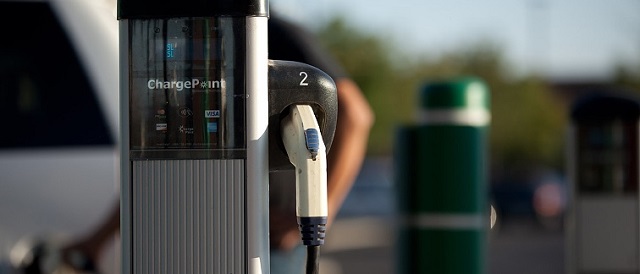
 Automotive2 days ago
Automotive2 days agoBiden’s Climate Agenda Is Running Headfirst Into A Wall Of His Own Making
-

 Economy2 days ago
Economy2 days agoFeds spend $3 million to fly 182 politicians and bureaucrats to climate conference
-
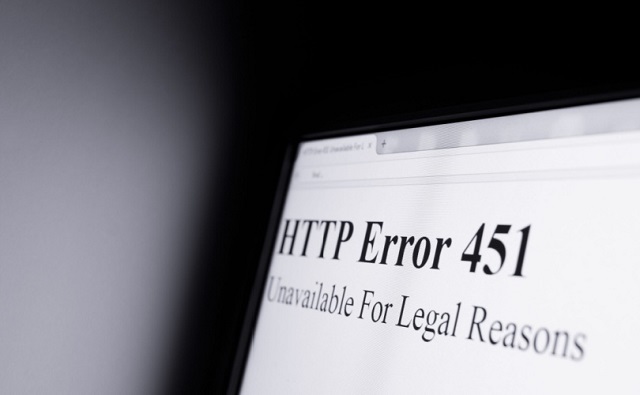
 National22 hours ago
National22 hours agoTrudeau’s internet censorship Bill C-11 will not be implemented until late 2025
-

 Frontier Centre for Public Policy17 hours ago
Frontier Centre for Public Policy17 hours agoThe PM as Leaf’s coach





